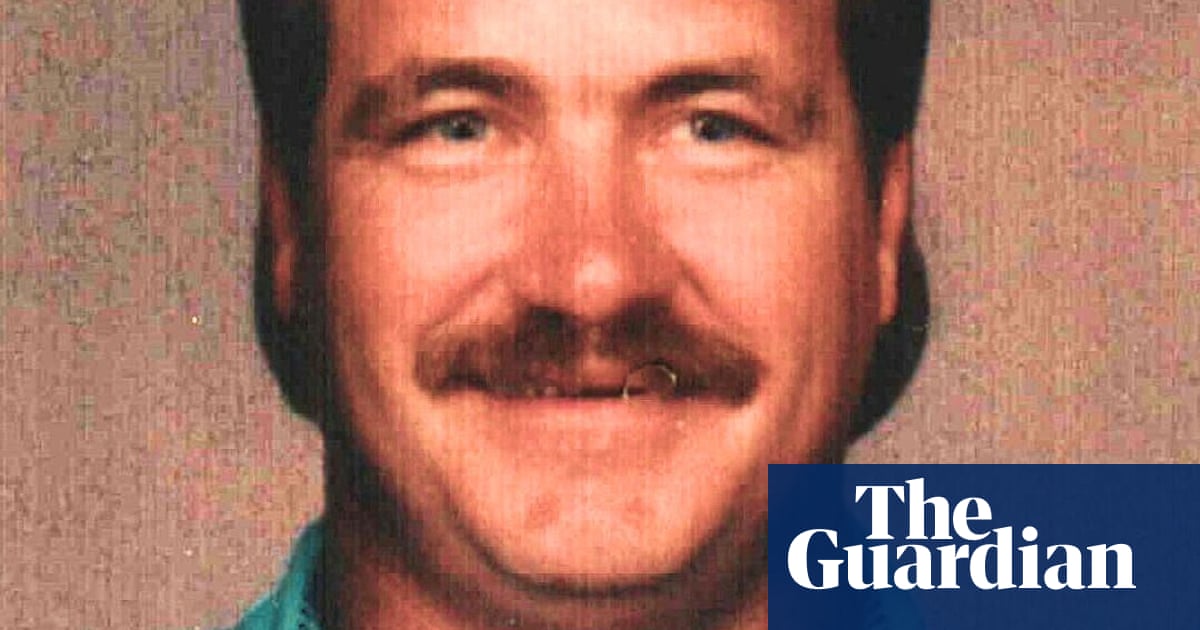South Carolina Inmate Chooses Firing Squad for Execution, First in 15 Years
Brad Sigmon, a condemned inmate in South Carolina, opts for execution by firing squad, marking a significant shift in capital punishment dialogues in the U.S.
Overview
Condemned inmate Brad Sigmon has chosen to die by firing squad on March 7, making him the first U.S. inmate executed by gunfire in 15 years. Following a series of controversial lethal injections, Sigmon rejected the electric chair due to fears of a painful death and instead selected the firing squad as a less torturous option, despite its violent nature. Sigmon, convicted of the 2001 murders of his ex-girlfriend's parents, has previously appealed for clemency based on claims of mental illness and remorse, but the state has continued its push for execution.
Content generated by AI—learn more or report issue.

Get both sides in 5 minutes with our daily newsletter.
Analysis
Analysis unavailable for this viewpoint.
Articles (3)
Center (2)
FAQ
Brad Sigmon's lawyers are arguing that his trial lawyers were inexperienced and failed to adequately present his mental illness and rough childhood as mitigating factors during his trial. They are also seeking clemency from the governor.
History
- This story does not have any previous versions.

